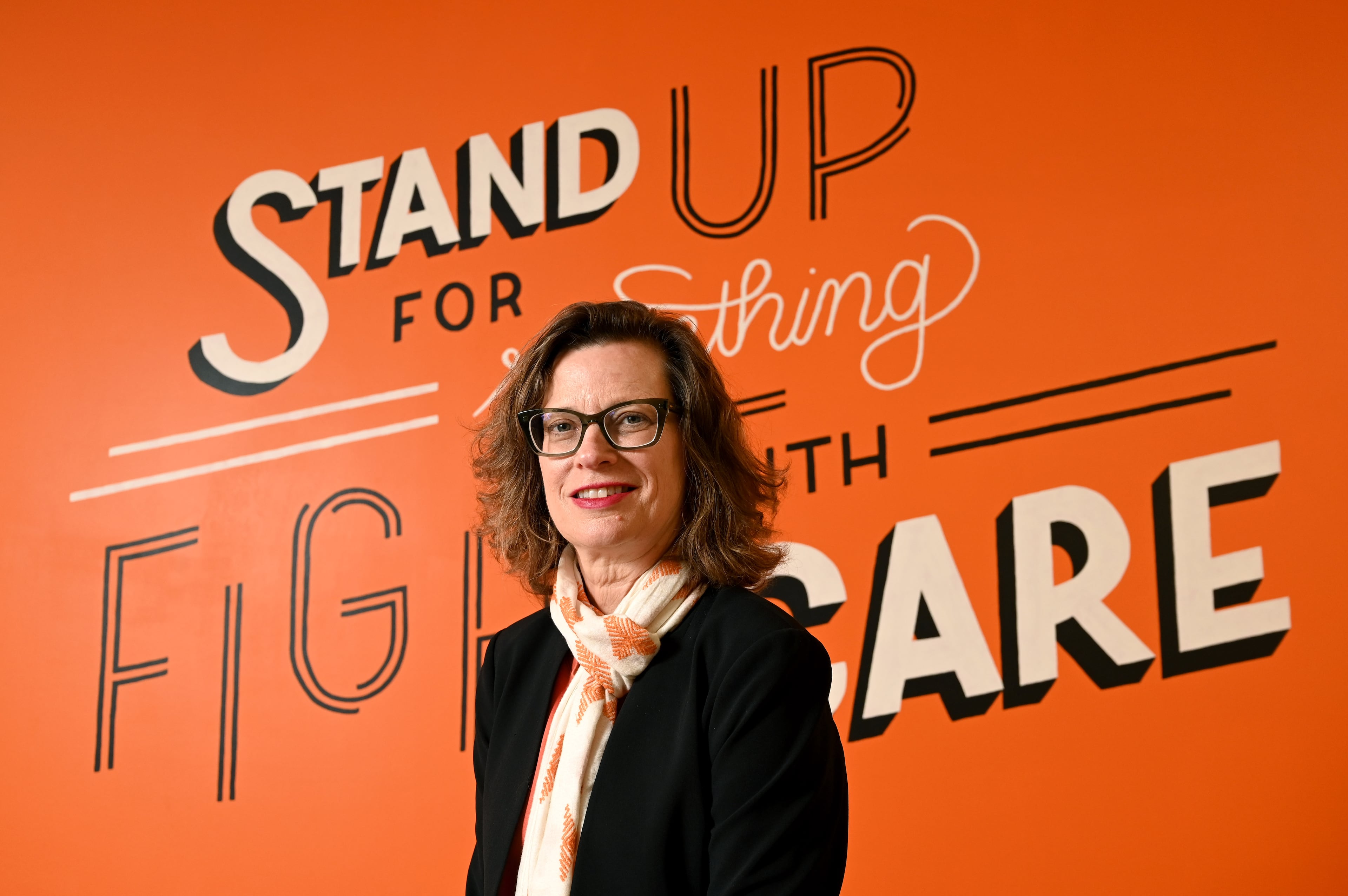World Series bill rises again: Cobb County spent $456K on security

The final bill is in: The Atlanta Braves’ World Series win cost Cobb County taxpayers $456,000 — about 30% more than expected.
Cobb commissioners on Tuesday approved $106,000 in additional expenses spent on security and managing larger than expected traffic and crowds at the three home games, watch parties and a victory parade.
The bulk of the money went toward overtime for police and other public safety workers, with the remaining $10,000 spent on equipment and transit fees. Initially, the county had budgeted $350,000 for the events at Truist Park.
Still, the final tally was a far cry from what the county government could have spent on baseball this year. Cobb County had planned to spend as much as $2 million to host Major League Baseball’s All-Star Game in July, but the game was relocated to Denver, Colo., in protest of a new state voting law passed by the Georgia legislature earlier this year.
County officials said Cobb Travel and Tourism and the Cobb County Chamber expect to complete a study by early next year estimating the economic impact of the World Series, which brought large numbers of fans — and their sales tax dollars — to the county.
The economic activity generated by visitors to Braves games and The Battery, a mixed-use development nearby, has been a key justification for the county’s decision to help finance Truist Park in the first place.
However, economists have questioned the true value of such sporting events. One analysis completed prior to the Braves’ playoff run found that Truist Park had not caused a statistically significant increase in sales tax collections, let alone generated enough to cover the $300 million public contribution.



